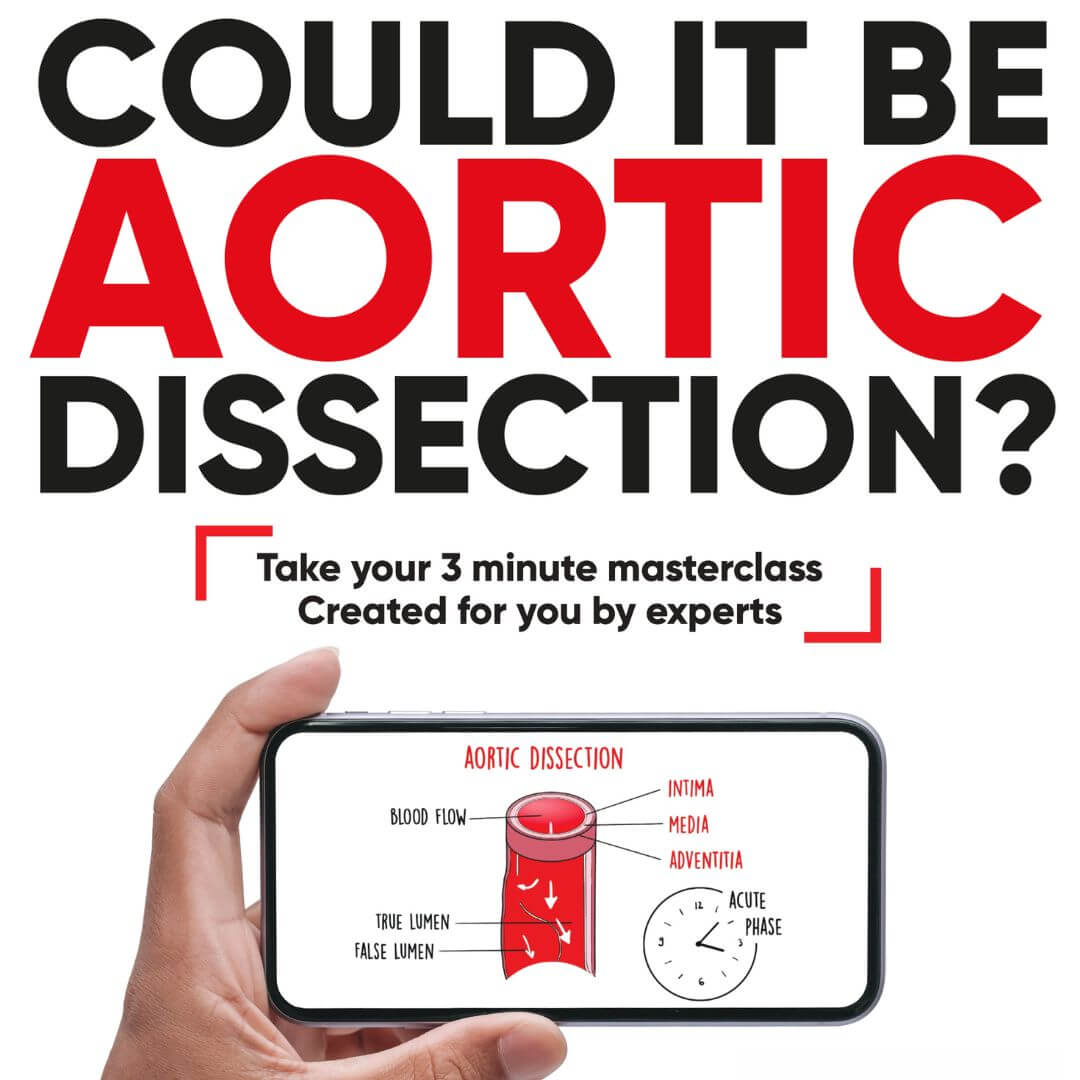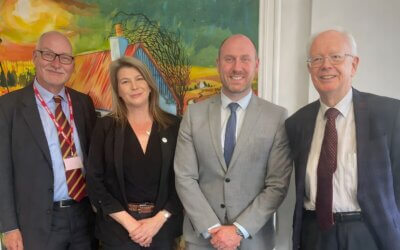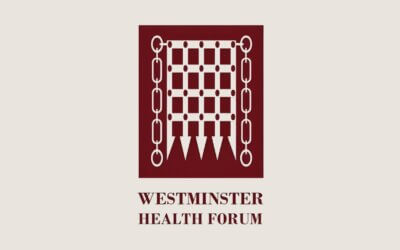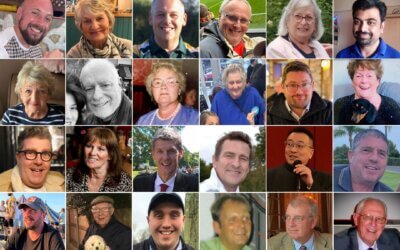In recent years, the landscape of medical research has been evolving, with patients increasingly taking on active roles as co-leads in research projects. This movement aims to bridge the gap between patient priorities and traditional research agendas, fostering a more inclusive and holistic approach to healthcare innovation. This recent British Medical Journal (BMJ) article highlights this shift, focusing on the challenges and progress in integrating patient voices into the research framework.
Highlighting the Shift in Research Priorities
The BMJ article identifies the challenges to involving patients in research, noting the different priorities they may have compared to traditional researchers. Explaining that while many medical research funders now require Patient and Public Involvement (PPI) plans, these often remain tokenistic, with little follow-up to ensure actual patient involvement.
Organisations such as the Patient Led Research Hub (PLRH) have shown that patients often prioritise quality of life and symptom management, areas frequently overlooked by traditional research projects. The article further explores how patient-led initiatives and collaborations are growing worldwide, although obstacles such as inadequate compensation systems and unfamiliarity within the research community persist.
Addressing the Challenges and Solutions
The Aortic Dissection Charitable Trust resonates with BMJ’s observations. As a proactive supporter of patient-led research, TADCT emphasises the importance of involving patients not only in the design and initiation of studies but also in the assessment of research applications. By doing so, the Charity ensures that the patient voice is heard and valued, preventing it from falling on stony ground.
The Charity’s Research Advisory Group (RAG) exemplifies this approach. Comprising an equal number of members with lived experience and research scientists/healthcare professionals, the RAG assesses research applications holistically. Each group evaluates different aspects of the applications, and their assessments carry equal weight in the final decision-making process. This balanced partnership enriches the research process, ensuring that patient insights are integral to the development and implementation of studies.
Moreover, the dissemination of research findings benefits from this collaborative model. By utilising webinars and short films, TADCT effectively communicates the outcomes of research studies, highlighting the roles of both researchers and patients. This approach not only makes research accessible but also showcases the synergy between scientific inquiry and lived experience.
As BMJ points out, the involvement of patients in research is gradually gaining traction. These initiatives are pioneering new methods of collaboration, from consulting roles to co-researchership, thereby normalising patient engagement in research.
However, challenges remain, such as compensating patients for their involvement and navigating funding systems that are not always accommodating to non-institutional applicants. Addressing these issues is crucial to fostering a research environment that truly values and integrates patient perspectives.
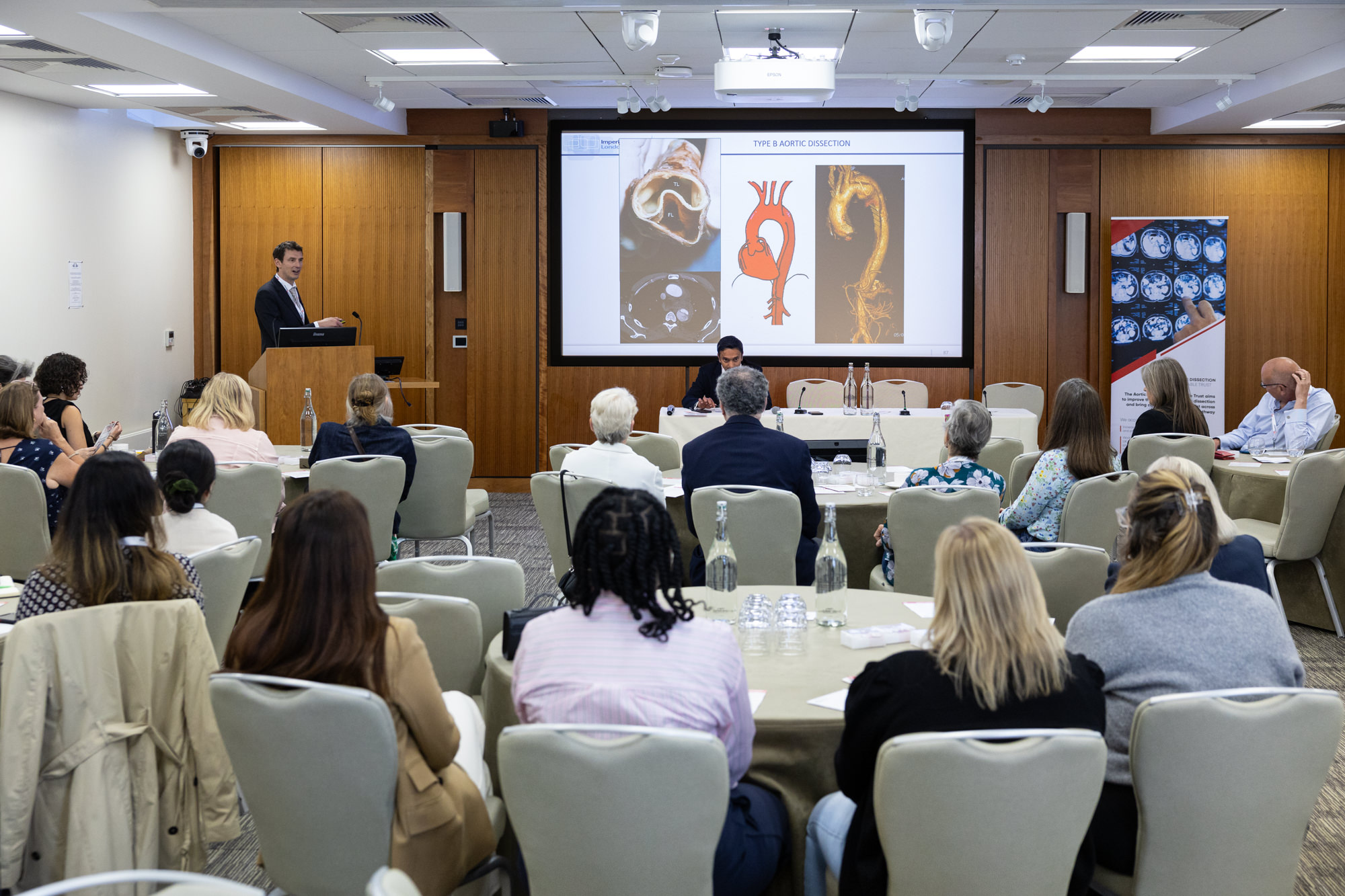
A Positive Shift Toward Collaborative Innovation
The efforts of the Aortic Dissection Charitable Trust and similar organisations are paving the way for a more inclusive research landscape. By recognising the importance of patient involvement in all aspects of research, from initiation to dissemination, these initiatives are building the infrastructure necessary for effective and meaningful patient-led research.
This positive shift toward patient involvement in research, as highlighted by BMJ and exemplified by the Charity, is a demonstration of the evolving nature of medical research. As we continue to embrace and support patient-led initiatives, we can look forward to more innovative and patient-centred healthcare solutions. This collaborative approach enhances the quality of research and also ensures that the outcomes are truly reflective of the needs and experiences of those most affected by the research.

